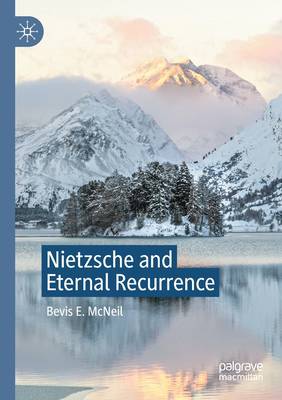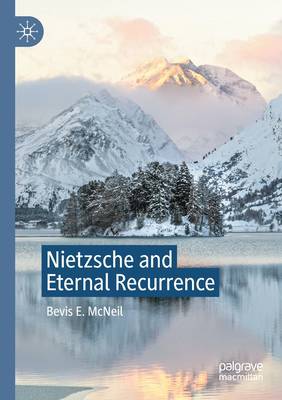
- Retrait gratuit dans votre magasin Club
- 7.000.000 titres dans notre catalogue
- Payer en toute sécurité
- Toujours un magasin près de chez vous
- Retrait gratuit dans votre magasin Club
- 7.000.000 titres dans notre catalogue
- Payer en toute sécurité
- Toujours un magasin près de chez vous
Description
This book examines the cogency and value of Nietzsche's idea of eternal recurrence, as an antidote to the nihilism resulting from the catastrophic event of 'the death of God'. Its significance to Nietzsche's philosophy as a whole (when presented either as an imaginative thought experiment, a cosmological hypothesis, or a poetic metaphor) is analysed, alongside the manifold criticisms the idea has attracted.
In this original reading of eternal recurrence, McNeil explores the strength of metaphorical meaning contained within Heraclitean and Stoic cosmologies, revealing their influence on Nietzsche's own cosmology, along with their holistic approach to life which Nietzsche endorsed. Furthermore, an extensive critique of Heidegger's interpretation of eternal recurrence is given. McNeil argues that Heidegger ignores not only the life-affirming Dionysian aspects of the concept, but also the Heraclitean sense of play evident in the cosmology, and the importance of thisfor developing a positive, celebratory attitude towards our lives and creative projects.
Spécifications
Parties prenantes
- Auteur(s) :
- Editeur:
Contenu
- Nombre de pages :
- 226
- Langue:
- Anglais
Caractéristiques
- EAN:
- 9783030552985
- Date de parution :
- 28-10-21
- Format:
- Livre broché
- Format numérique:
- Trade paperback (VS)
- Dimensions :
- 148 mm x 210 mm
- Poids :
- 322 g







